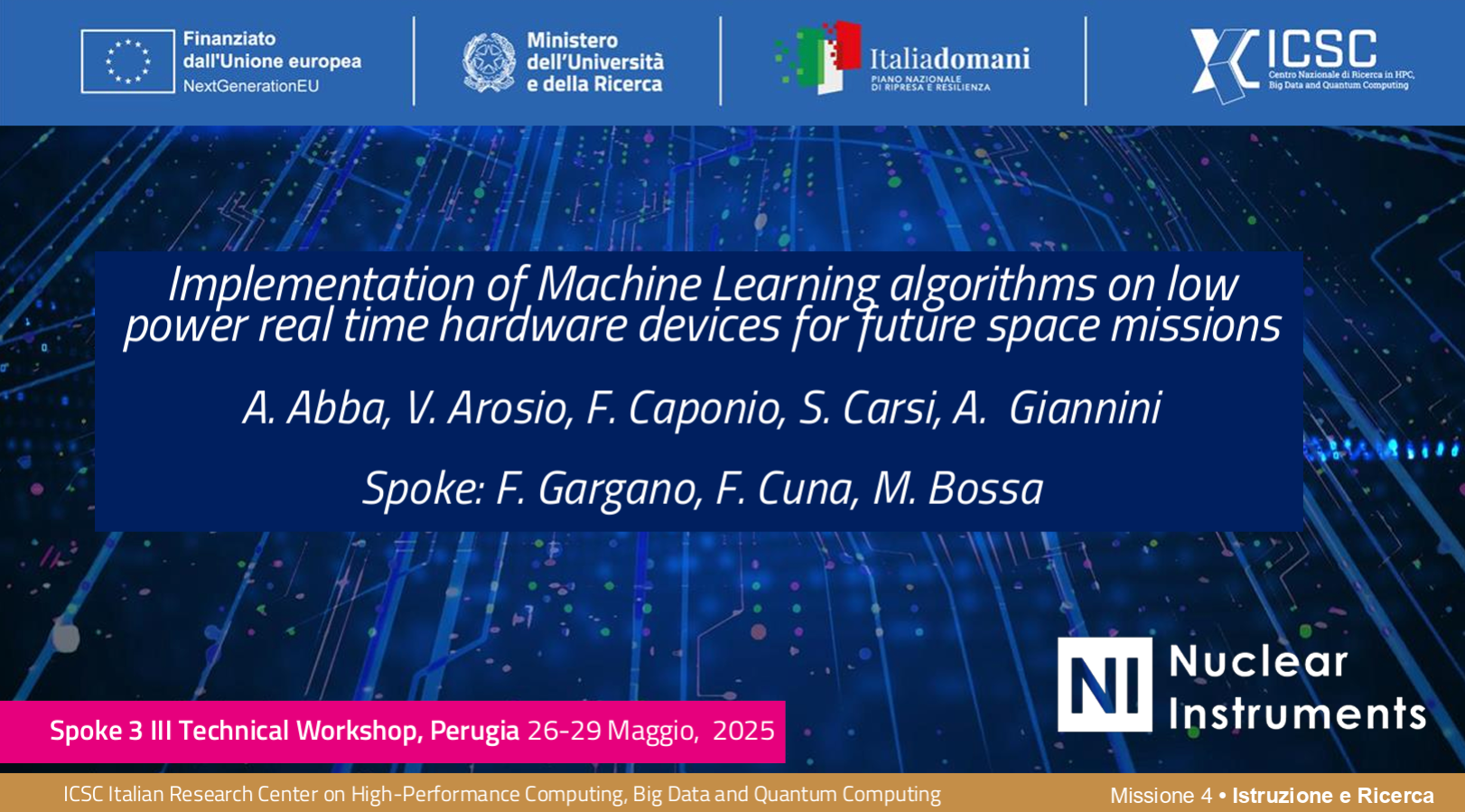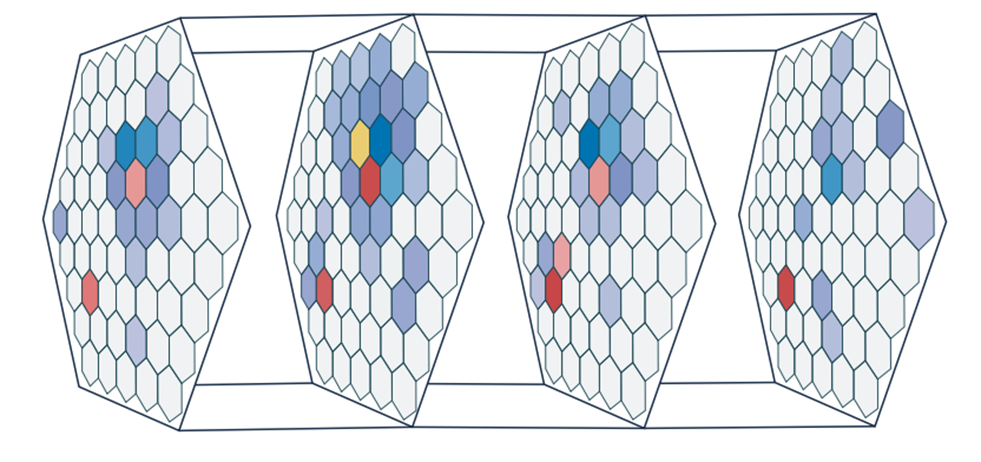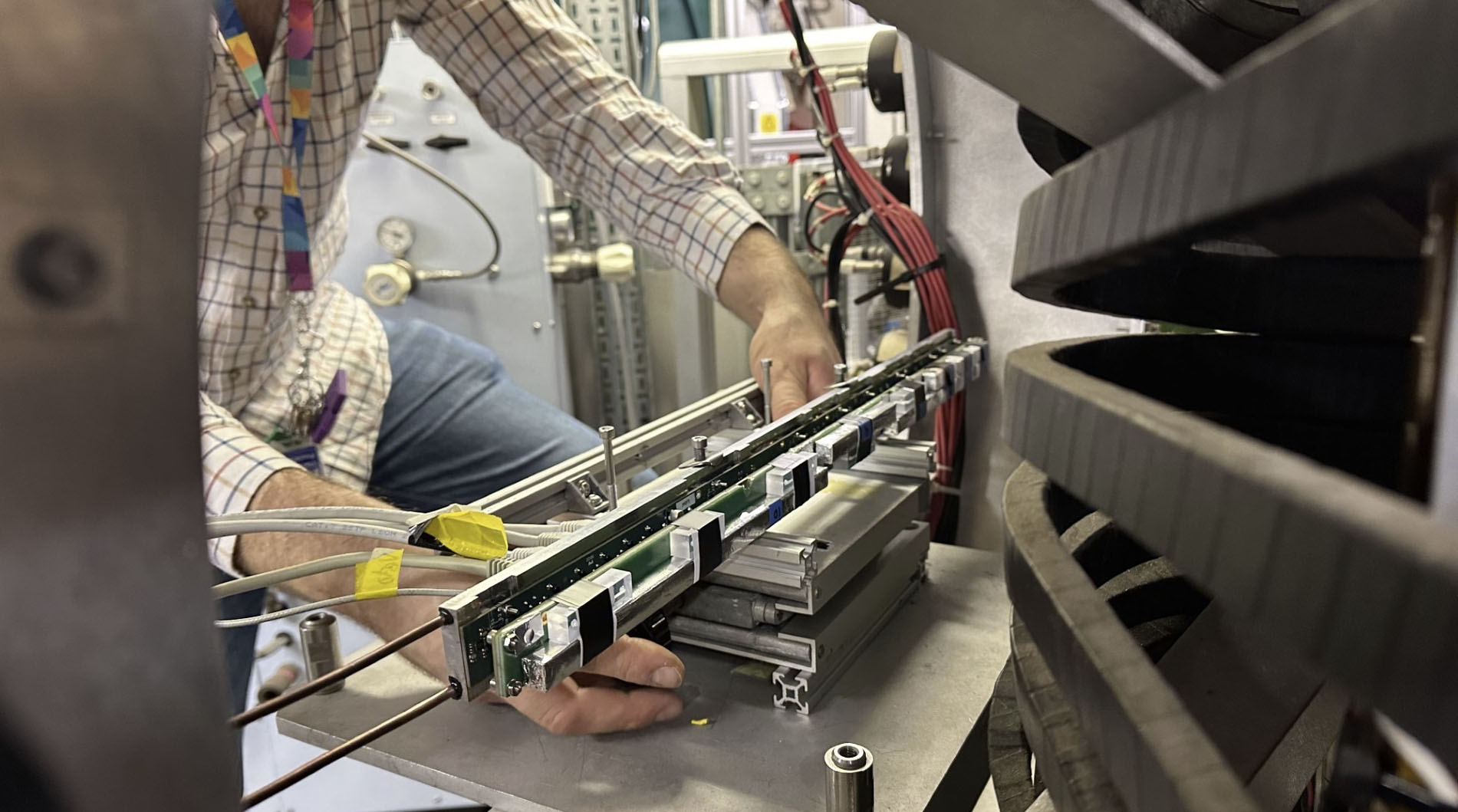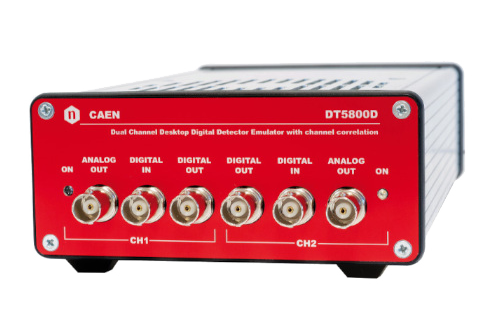
From May 26 to 29, 2025, the periodic technical review meeting of the Spoke 3 projects was held in Perugia. Nuclear Instruments contributed with a talk on machine learning and hardware acceleration for space-based detection, presenting advances in particle track reconstruction and low-energy gamma imaging within the Spartan and LEGIMaC projects.
-
Date
May 29, 2025
Spoke 3 Technical Review in Perugia
From May 26 to 29, 2025, the city of Perugia hosted the periodic technical review meeting of Spoke 3 projects.
Spoke 3, dedicated to Astrophysics & Cosmos Observations, aims to harness high performance computing (HPC) and big data technologies to model the complex systems studied in astrophysics, astroparticle physics, and cosmology. With new-generation observatories—such as SKAO, CTAO, Euclid, LiteBIRD, and the Einstein Telescope—producing unprecedented data volumes, Spoke 3 fosters innovative software solutions and advanced infrastructures to support data reduction, analysis, simulations, and theoretical interpretation.
Our Contribution: Machine Learning and Hardware Acceleration
Nuclear Instruments presented the talk:
Machine Learning and Hardware Acceleration for Space-Based Detection: Particle Track Reconstruction and Low-Energy Gamma Imaging
The presentation focused on two complementary initiatives:
-
Spartan: dedicated to the real-time reconstruction of particle tracks in high-density environments. By training deep neural networks on synthetic and experimental datasets, Spartan disentangles overlapping events with high accuracy. Optimized for radiation-tolerant FPGAs, the algorithms ensure low-power, reliable performance in space conditions.
-
LEGIMaC: targeting the detection of very low-energy gamma events in space calorimeters. Using ML-driven waveform analysis, LEGIMaC discriminates genuine scintillation events from SiPM dark noise and manages event pileup in high-flux environments, allowing accurate reconstruction near the energy detection threshold.
Both projects embrace a hardware/software co-design philosophy, ensuring maximum efficiency, scalability, and robustness. Their impact goes beyond space science, with potential applications in nuclear medicine, security systems, and high-energy physics.
Together, Spartan and LEGIMaC showcase a new generation of intelligent, space-ready detection systems, pushing the frontiers of astrophysics and particle detection.



